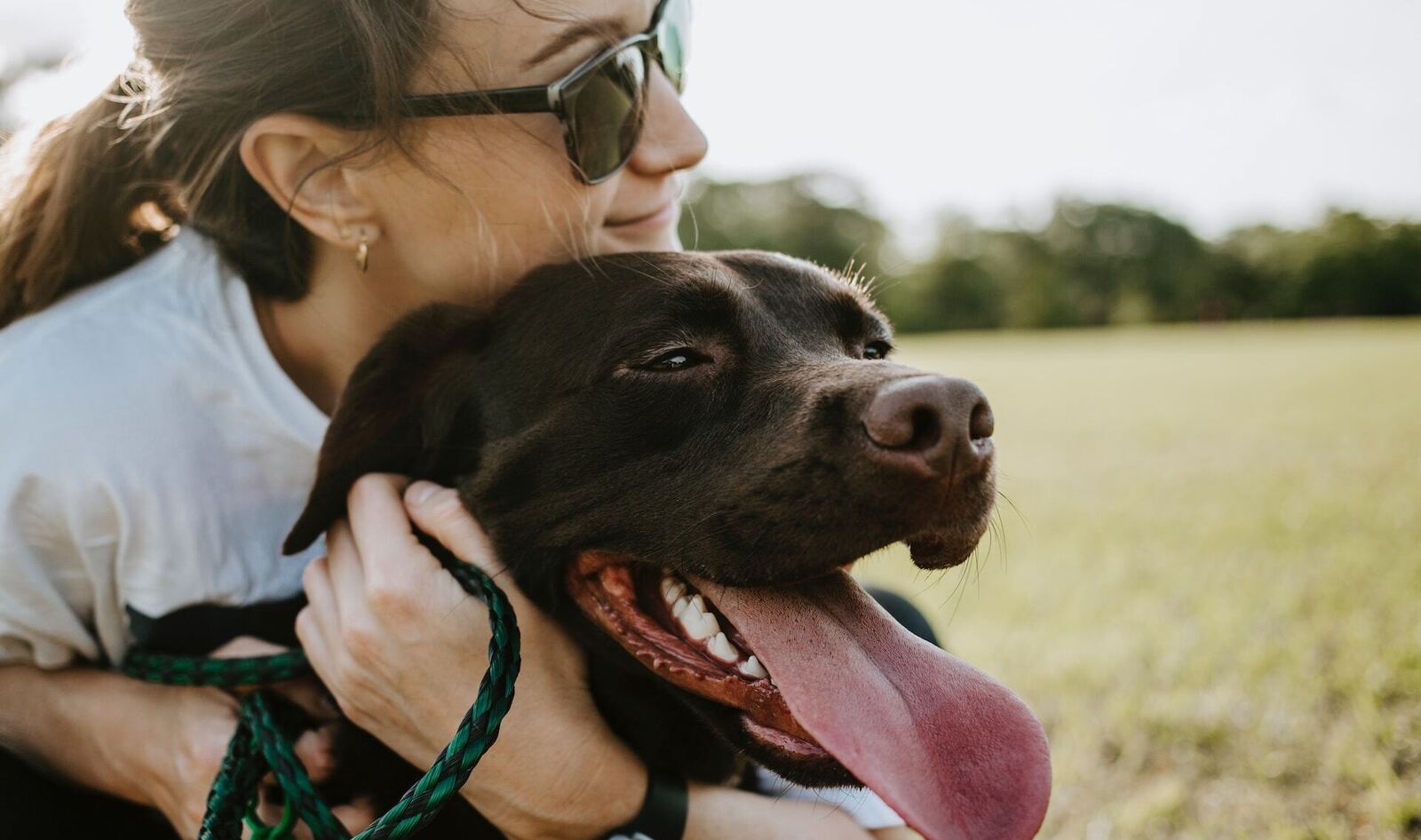Dogs can eat human peanut butter, but it’s important to avoid those with added sugars or xylitol. Peanut butter can be a safe and tasty treat for dogs when given in moderation.
However, make sure to read the ingredient list and choose peanut butter that is free from harmful additives that can be toxic for dogs. While it can be a great source of healthy fats and protein, excessive consumption of peanut butter may lead to weight gain and digestive issues in dogs.
Always consult with your veterinarian before introducing any new food into your dog’s diet to ensure it is safe for them.
Is Peanut Butter Safe For Dogs?
Peanut butter can be a tasty treat for dogs, but it’s important to consider potential risks and concerns. Veterinary experts say that while peanut butter is generally safe for dogs, certain ingredients and additives can be harmful. It’s crucial to read the label and check for any harmful substances such as xylitol, which is toxic to dogs.
Other potential concerns include high fat content, which can lead to pancreatitis, and excess sugar, which can cause weight gain and dental problems. When giving peanut butter to your furry friend, moderation is key. It’s best to consult with your veterinarian to ensure you’re making a safe choice for your dog.
Remember, not all peanut butter brands are created equal, so always do your research and make informed decisions when it comes to your pet’s diet.
Benefits Of Feeding Peanut Butter To Dogs
Peanut butter can provide dogs with numerous benefits, such as promoting a healthy coat and skin. It contains essential nutrients that enhance digestive health and support overall well-being. The nutritional value of peanut butter lies in its rich content of vitamins, minerals, and healthy fats.
Regular consumption can help dogs maintain shiny fur and prevent dry, itchy skin. Additionally, peanut butter contains fiber that aids in digestion, ensuring proper nutrient absorption. This popular spread is a tasty and convenient way to supplement a dog’s diet, but it’s important to note that moderation is key.
Excessive intake can lead to weight gain due to its high calorie count. So, while dogs can enjoy the benefits of peanut butter, remember to feed it in moderation and consult with a veterinarian if you have any concerns.
Homemade Peanut Butter Recipes For Dogs
Dogs can safely enjoy homemade peanut butter. You can make easy peanut butter biscuits or frozen treats. Another idea is to stuff a Kong toy with peanut butter. These recipes are safe for dogs and provide them with a tasty and satisfying treat.
Homemade peanut butter is a healthier option as it doesn’t contain any added sugars or preservatives. Just make sure to use plain, unsalted peanut butter without any xylitol, as this sweetener is toxic to dogs. By making your own peanut butter treats, you have control over the ingredients and can ensure that your dog is getting a nutritious and delicious snack.
So go ahead and spoil your furry friend with some homemade peanut butter goodness!

Credit: vegnews.com
Conclusion
While peanut butter can be a delicious and nutritious treat for humans, it is important to use caution when feeding it to our furry friends. While some dogs may tolerate small amounts of peanut butter, others can have adverse reactions to certain ingredients commonly found in human peanut butter.
As responsible pet owners, it is crucial to read the labels carefully and opt for natural, unsalted varieties without any added sugar or artificial sweeteners. Moreover, moderation is key when it comes to feeding dogs any form of human food, including peanut butter.
Too much peanut butter can lead to obesity and digestive issues in dogs. It is always best to consult with a veterinarian before introducing any new food into your dog’s diet. Overall, while dogs may enjoy the occasional taste of peanut butter, it is important to be mindful of the ingredients and portion sizes.
Providing a balanced and species-appropriate diet is essential for their overall health and well-being. So, next time you’re reaching for a jar of peanut butter, remember to think twice before sharing it with your furry friend.
